Frequent Nosebleeds In Teenagers
Nosebleed due to an injury. Some common causes include.
 Nosebleeds For Parents Nemours Kidshealth
Nosebleeds For Parents Nemours Kidshealth
Nosebleeds are common in adults and children between the ages of 3 and 10.

Frequent nosebleeds in teenagers. Allergies are another frequent cause. This often helps stop bleeding. An anterior nosebleed occurs when tiny blood vessels inside your nose break and bleed.
However frequent or heavy nosebleeds may indicate more serious health problems such as high blood pressure or a blood clotting disorder and should be checked. Most nosebleeds in children are due to dry air nose picking nasal allergies or other factors that irritate the delicate blood vessels in the front of the nose. Chemical irritants such as ammonia.
In many cases no specific cause for a nosebleed is found. The inside of your nose being too dry maybe because of a change in air temperature Nosebleeds that need medical attention can come from deeper inside the nose and usually affect adults. Inflammation and congestion in the nose can increase the risk.
Vitamin deficiency nosebleeds in children and adults are more difficult to stop. The most often cited cause is a drying out of the nasal lining. Blowing the nose too hard.
An anterior nosebleed occurs when the. Nosebleeding is frequent and the condition does not resolve. However only use nasal decongestants for brief periods of time one to three days.
Acute sinusitis nasal and sinus infection Allergies. Put a thin layer of a saline- or water-based nasal gel such as NasoGel inside your nose. Why is my daughter having frequent nosebleeds.
Our doctors are experts in. With dryness the slightest trauma as with nasal manipulation from ordinary handkerchief use can cause pieces of lining to flake off bringing a slight bleed. Causes of a nosebleed.
What causes a nosebleed in a child. A foreign object got into the nose. Excessive bleeding over a prolonged period of time can also lead to.
In most cases nosebleeds are caused by minor trauma and stop bleeding within minutes especially if ice is applied or the bridge of the nose is pinched. Other causes of nosebleeds include. If you get nosebleeds more than once a week you should see your doctor.
Frequent nosebleeds more than five per year that last longer than 10 minutes Bruising easily or excessively. Blood thinners anticoagulants such as warfarin and heparin. Blood in gums urine or stool.
Object in the nose. There are two kinds of nosebleeds. Feeling too weak or dizzy.
Injury to the nose. Blowing your nose too hard. Answers from Dallas on October 31 2007.
Another type of nosebleed is called a posterior nosebleed which means that the blood is coming from the back of the nose. Bleeding often lasts for more than ten minutes. This happens more frequently in teens who have ongoing allergies or frequent colds.
This can be caused by. The blood from this type of nosebleed will go down a. Excessive bleeding after surgery or dental procedures.
See a doctor if the teen has frequent nosebleeds and during the following circumstances. When a nosebleed happens Dr. Nosebleeds arent usually serious.
Nosebleeds are common and while the cause may be unclear at first most cases are minor and can be managed from home. Part of an allergic reaction is an engorgement of nasal blood vessels. Blood volume is too large.
Put it on the septum which divides your nostrils. My mother had that done as a teenager as well as my brother and now my 7 year old daughter is having the same problems so. Nosebleeds also called epistaxis have a variety of causes and occur more often in children under the age of 16.
The most common type of nosebleed is called an anterior nosebleed which means that the blood is coming from the front of the nose. Many children outgrow nosebleeds during their teen years. The inside of the nose is delicate and nosebleeds happen when its damaged.
Immediate causes of nosebleeds include trauma to the nose from an injury. Use a vaporizer or humidifier to add moisture to your bedroom. Most cases of frequent nosebleeds are easily treated.
Allergies colds and upper respiratory tract infections can cause frequent nosebleeds. Nosebleeds can be caused by many things. Use an over-the-counter nasal-decongestant spray that contains oxymetazoline such as Afrin.
Bleeding disorders such as hemophilia. Be sure to ask your dr about cauterizing the spots in his nose that are causing the bleeding. We founded the Young Womens Blood Disorders YWBD Program to properly diagnose and treat young women with heavy periods and related symptoms.
Sometimes tiny blood vessels inside the nose become irritated and dont heal. Hopkins suggests doing the following. This will prevent dryness that can cause nosebleeds.
Nose bleeds are usually a result of a burst blood vessel following nose blowing with a cold or hay fever or a scratch inside the nose which is taking.
 How To Stop A Nosebleed Healthychildren Org
How To Stop A Nosebleed Healthychildren Org
 Nosebleeds In Teens Care Instructions
Nosebleeds In Teens Care Instructions
 Getting Too Many Nosebleeds When You Should Worry Health Essentials From Cleveland Clinic
Getting Too Many Nosebleeds When You Should Worry Health Essentials From Cleveland Clinic
 10 Actual Causes Of Nose Bleed Getinfopedia Com Nose Bleeds Stop Nose Bleeds Nose
10 Actual Causes Of Nose Bleed Getinfopedia Com Nose Bleeds Stop Nose Bleeds Nose
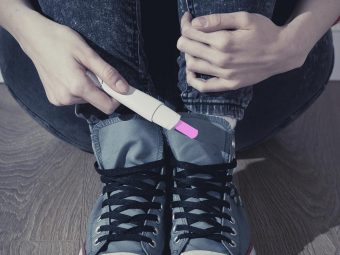 Nosebleeds In Teenagers Epistaxis Causes Treatment And When To See A Doctor
Nosebleeds In Teenagers Epistaxis Causes Treatment And When To See A Doctor
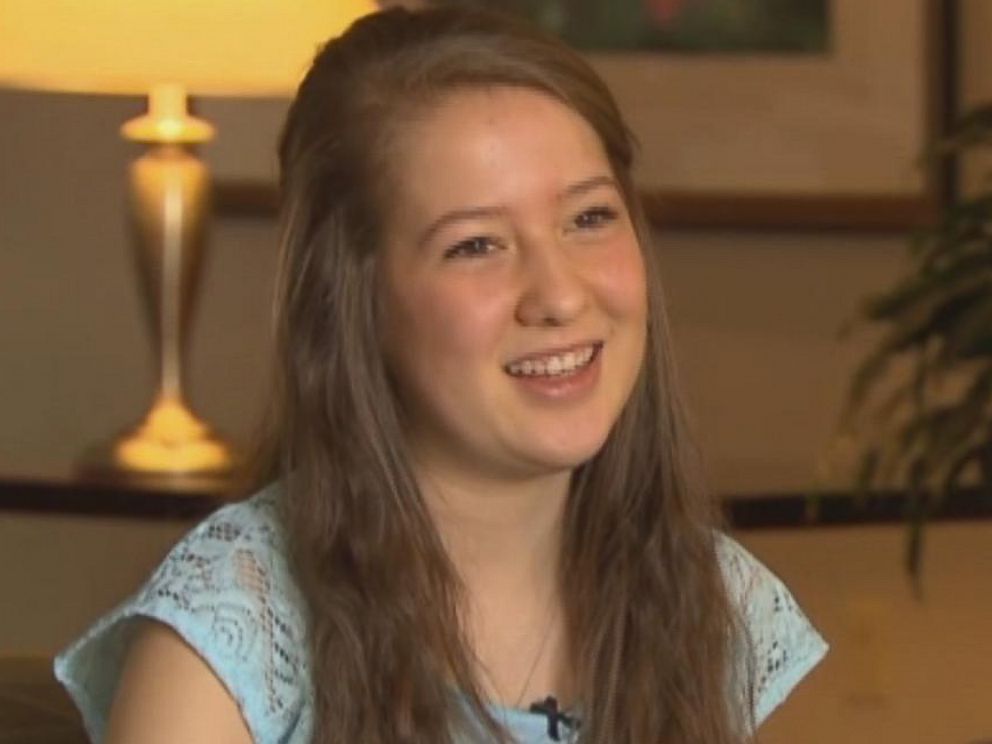 Teen S Nosebleed Leads To 3 In Family Diagnosed With Dangerous Illness Abc News
Teen S Nosebleed Leads To 3 In Family Diagnosed With Dangerous Illness Abc News
/stk64048cor-56a6fcb95f9b58b7d0e5dd31.jpg) Stopping Frequent Nosebleeds In Children
Stopping Frequent Nosebleeds In Children
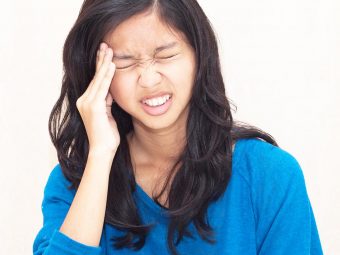 Nosebleeds In Teenagers Epistaxis Causes Treatment And When To See A Doctor
Nosebleeds In Teenagers Epistaxis Causes Treatment And When To See A Doctor
 Minor Head Injuries And Nosebleeds What You Need To Know
Minor Head Injuries And Nosebleeds What You Need To Know
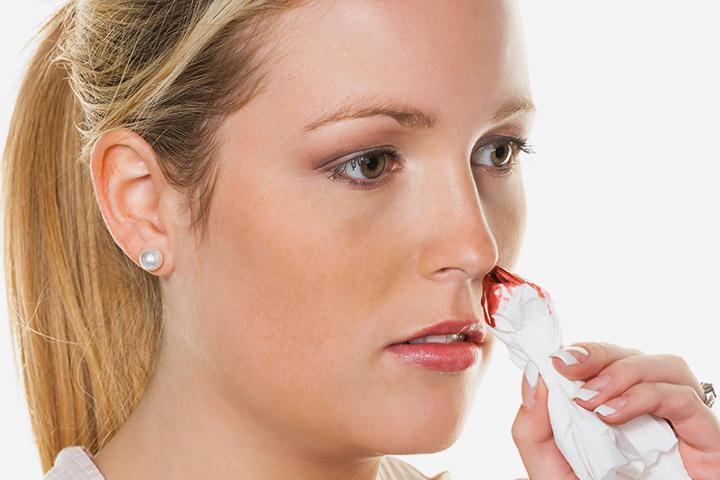 Nosebleeds In Teenagers Epistaxis Causes Treatment And When To See A Doctor
Nosebleeds In Teenagers Epistaxis Causes Treatment And When To See A Doctor
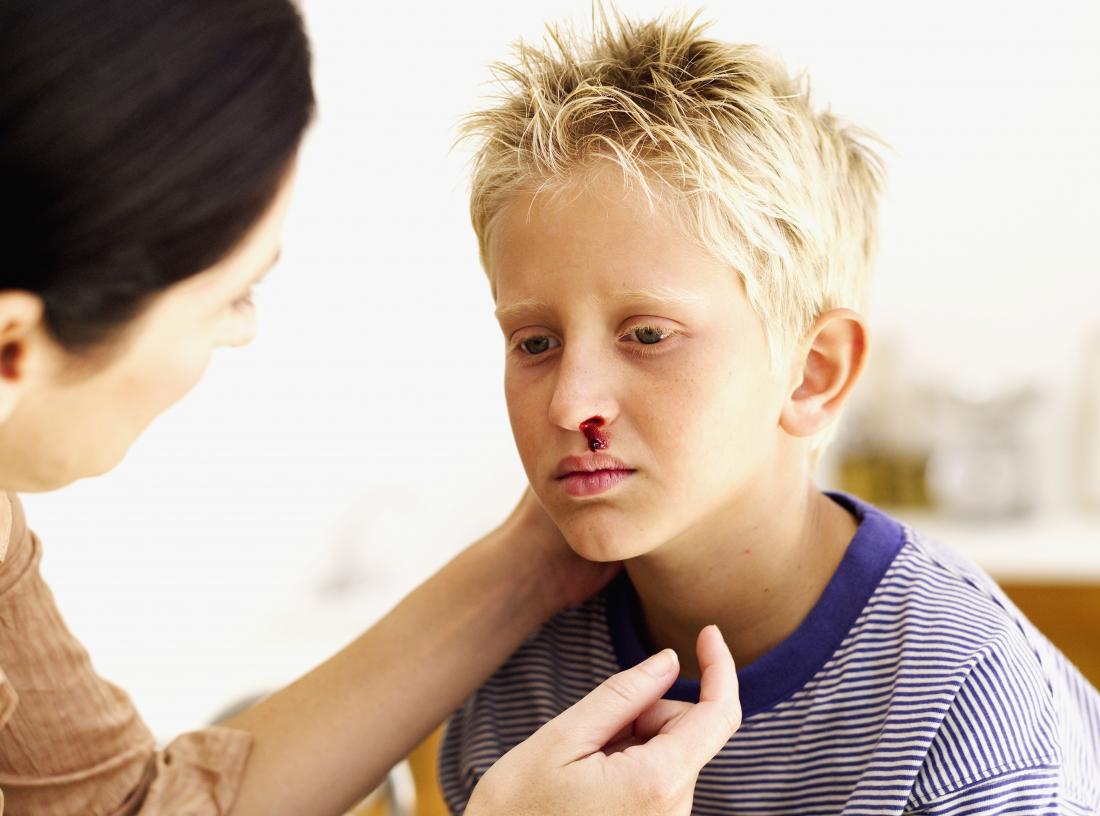 Nosebleeds In Children When To See A Doctor Causes And Prevention
Nosebleeds In Children When To See A Doctor Causes And Prevention
 Nosebleeds In Children How To Stop And Prevent
Nosebleeds In Children How To Stop And Prevent

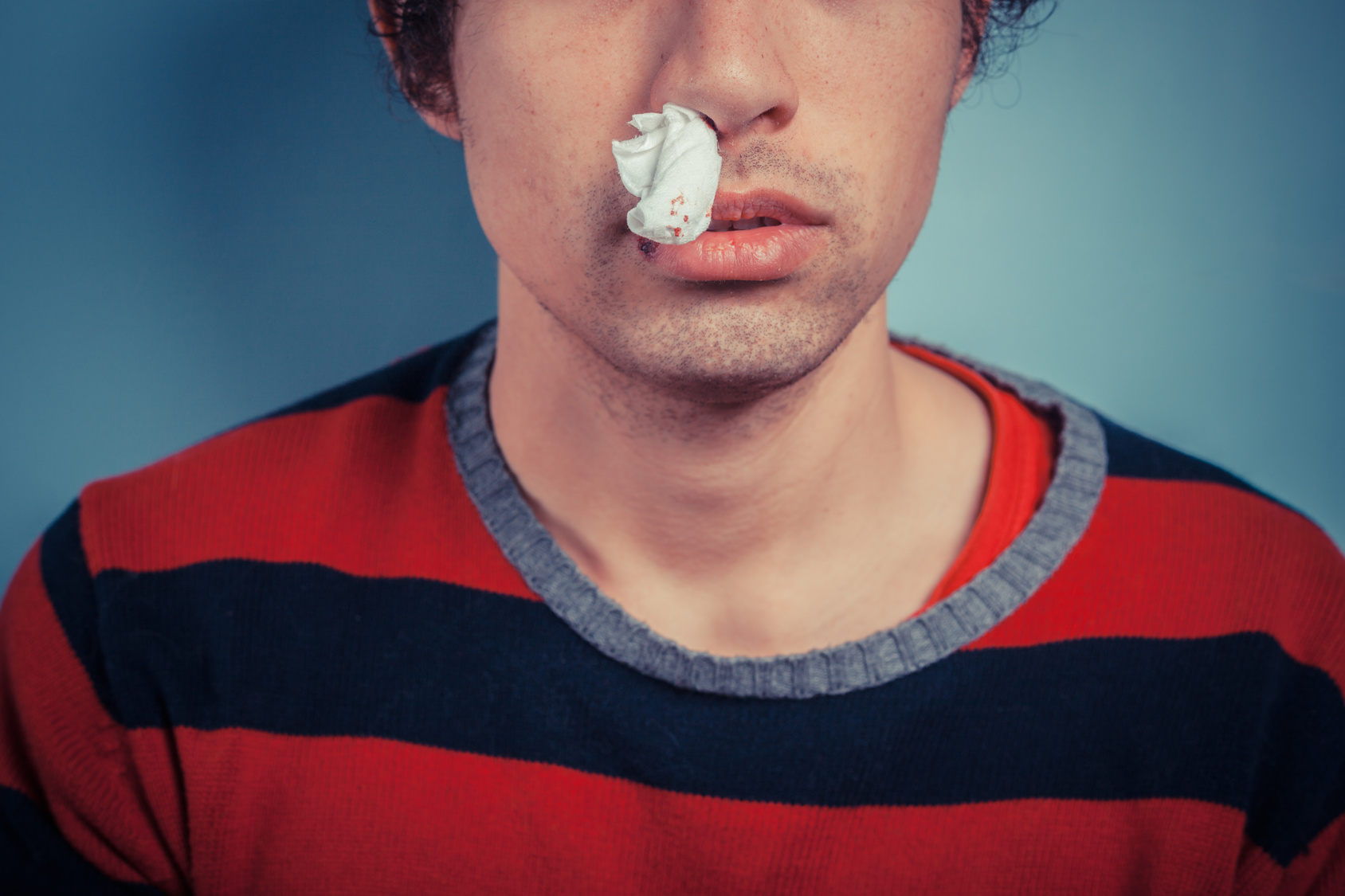
Comments
Post a Comment